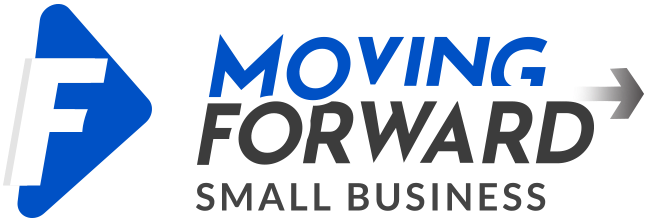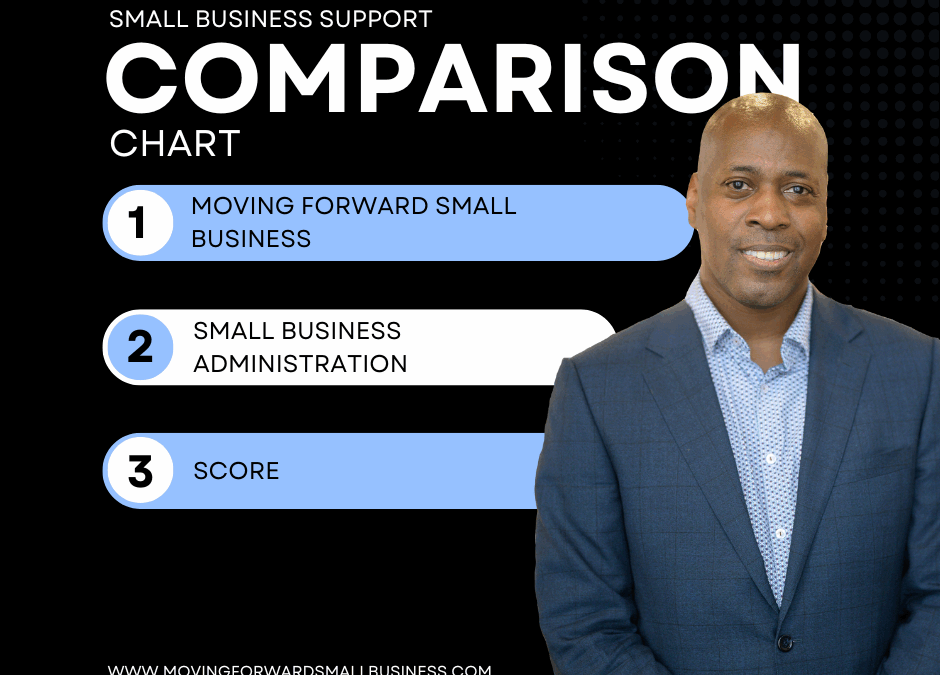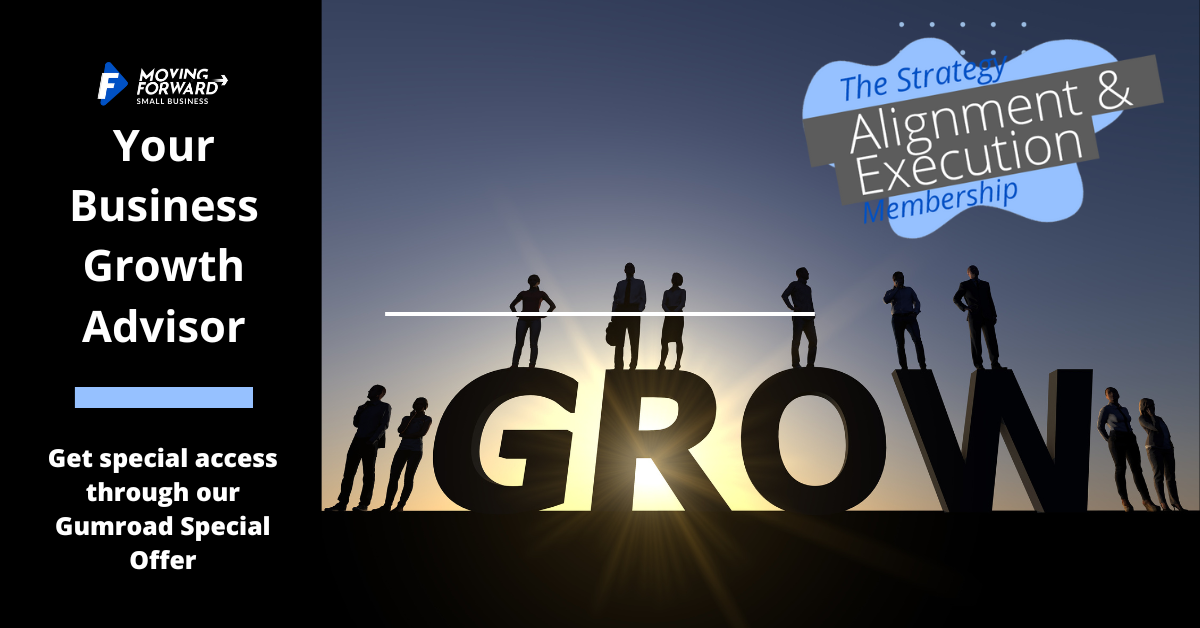Navigating the landscape of small business support can be overwhelming, with numerous organizations vying to assist entrepreneurs. This comparison chart aims to provide clarity by outlining the key differences between three prominent entities: Moving Forward Small Business (MFSB), a membership-based platform focused on strategic growth; the Small Business Administration (SBA), a government agency offering a wide array of resources; and SCORE, a non-profit partner of the SBA providing free mentorship and education. Understanding their distinct approaches, target audiences, and available resources is crucial for small business owners to make informed decisions about where to seek support.
| Feature | Moving Forward Small Business (MFSB) | Small Business Administration (SBA) | SCORE |
| Primary Focus | Predictable growth through strategy, technology, innovation; Membership-based; Potential for group-led implementation and accountability | Support for entrepreneurs and small businesses; Government agency | Free mentorship and resources for small businesses; Non-profit, SBA partner |
| Key Offerings | Events, expert content, on-demand training, networking, training on latest technology & strategies for digital transformation, likely a 4-part monthly framework, potential for group implementation support and accountability structures | Loan programs, grants (limited), educational resources, partnerships | Free business mentoring, workshops, online resources |
| Cost/Structure | Membership-based (likely various levels) | Primarily government-funded, many resources are free or low-cost | Free mentorship, some low-cost workshops |
| Target Audience | Small business owners, entrepreneurs, startups seeking growth strategies, especially those looking to leverage digital advancements, potentially within a group accountability setting | Broad range of small businesses and entrepreneurs | Startups, existing small businesses seeking advice and guidance |
| Strategic Guidance | Likely a core component, potentially through their monthly framework and expert content, including digital transformation strategies, potentially facilitated within group settings | Provides resources and guidance, but less of a structured strategic framework | Mentors provide strategic advice based on their experience |
| Financial Assistance | Not a primary focus; may offer insights into funding options | Direct loan programs, facilitates access to other lenders, some grants | No direct financial assistance; mentors may offer funding advice |
| Mentorship/Advising | Networking opportunities with peers and experts, including those in digital transformation, potential for group-based accountability and support | Indirectly through partnerships (like with SCORE) | Core offering: free, experienced business mentors |
| Community/Networking | Emphasizes real networking opportunities within its membership, potentially including a focus on digital innovation, with potential for cohort-based accountability | Less of a direct community focus, more on providing broad support | Local chapters foster community and networking among mentees and mentors |
| Monthly Framework | Likely a structured 4-part process for monthly business activities, potentially incorporating digital initiatives, potentially implemented and reviewed within group settings | No specific monthly operational framework | Mentors may help businesses develop plans, but no standardized framework |
| Focus on Innovation & Tech | Appears to be a key element in their growth strategies, with specific training on digital transformation | Addresses technology and innovation as part of resources | Mentors can offer advice on technology and innovation |
| Available Resources | Workbooks, templates, 200+ hours of on-demand training, boot camps, clinics, AMAs | Extensive online resources, guides, templates | Templates, guides, online courses, webinars |
MFSB Criteria:
Moving Forward Small Business (MFSB): MFSB operates on a membership basis for small business owners, entrepreneurs, and startups seeking growth strategies, particularly in technology and digital transformation; while specific standard membership tiers and criteria aren’t detailed publicly, joining typically involves selecting and paying for a membership level to access resources, events, and community, with partnership and sponsorship opportunities also available and no explicit universal financial threshold mentioned for basic membership. We are currently in our lifetime membership offer. Pay once and get lifetime access. Lifetime offer is limited to 5000 new members. We will then move back to your monthly and yearly membership price. Visit our membership page for current pricing.
SBA Criteria:
Small Business Administration (SBA): The SBA doesn’t have a traditional membership; instead, it provides resources and programs that businesses can access if they meet specific eligibility requirements, particularly for loan programs, which often have criteria related to business size, creditworthiness, and the use of funds; their educational resources and counseling through partners like SCORE and SBDCs are generally more widely accessible to small business owners and entrepreneurs.
SCORE Criteria:
SCORE: SCORE offers free services to individuals seeking business mentoring and resources, with no financial threshold to become a client; volunteers with business experience can become mentors through an application process, requiring a commitment to helping small businesses.
Conclusion
In conclusion, while all three organizations aim to empower small businesses, their methods and focus differ significantly. The SBA offers broad governmental support and financial programs, SCORE provides invaluable free mentorship and community connections, and MFSB delivers a structured, membership-driven approach centered on strategic growth, digital transformation, and collaborative implementation. The optimal choice for a small business owner will depend on their specific needs, stage of development, and preferred support mode.


